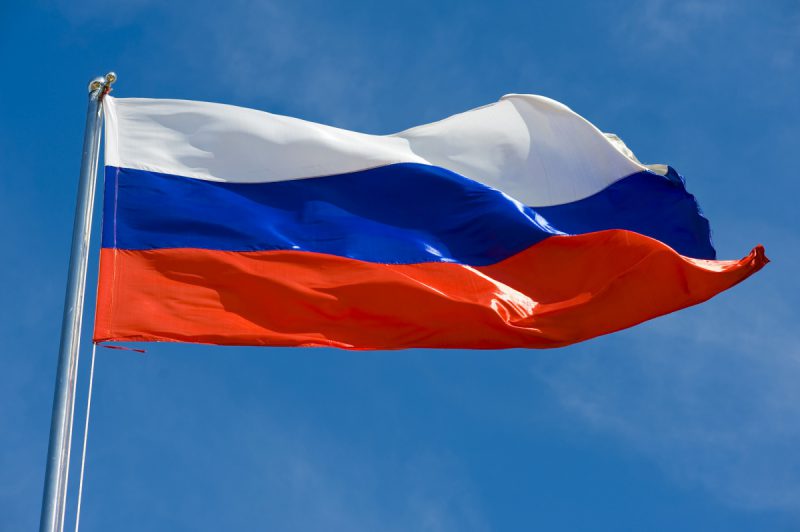Just when it finally seemed positive for the crypto industry in Russia with the Central Bank, Bank of Russia gravitating toward a pro-crypto approach, the country’s President signed a law banning crypto payments in the region.
The latest update is not an upgrade for the crypto industry in the country. Russian President Vladimir Putin signed a law, banning the use of digital financial assets (DFA) and digital utility rights (DPR) as a means of payment for goods, products, or services in Russia.
The legal document stated,
“It is prohibited to transfer or accept digital financial assets as a consideration for transferred goods, performed works, rendered services, as well as in any other way that allows one to assume payment for goods (works, services) by a digital financial asset, except as otherwise provided by federal laws.”
Furthermore, along with banning crypto payments, the law also levies crypto exchange operators to refuse transactions where it is possible to use such assets as a monetary surrogate. This simplistically means that crypto brokers facilitating payments are now subjected to the national payment system, in turn putting them under the oversight of the country’s financial regulator.
Is Russia’s ban on Crypto payments here to stay?
The bill was originally submitted by Anatoly Aksakov, head of the State Duma Committee in June. Following this, with the bill getting drafted into law, it marked the first time for the Russian legislature to explicitly prohibit payments with digital assets. Formerly, the government had only denied legal tender status to crypto, confirming the Russian Ruble as the only legal currency in circulation.
Additionally, the law came as a shock to many given that just last month the Russian Central Bank had finally hinted at its first pro-crypto stance. According to a Reuters report, a senior bank official emphasized that there was a high possibility of “relaxation of its opposition to digital currencies”.





